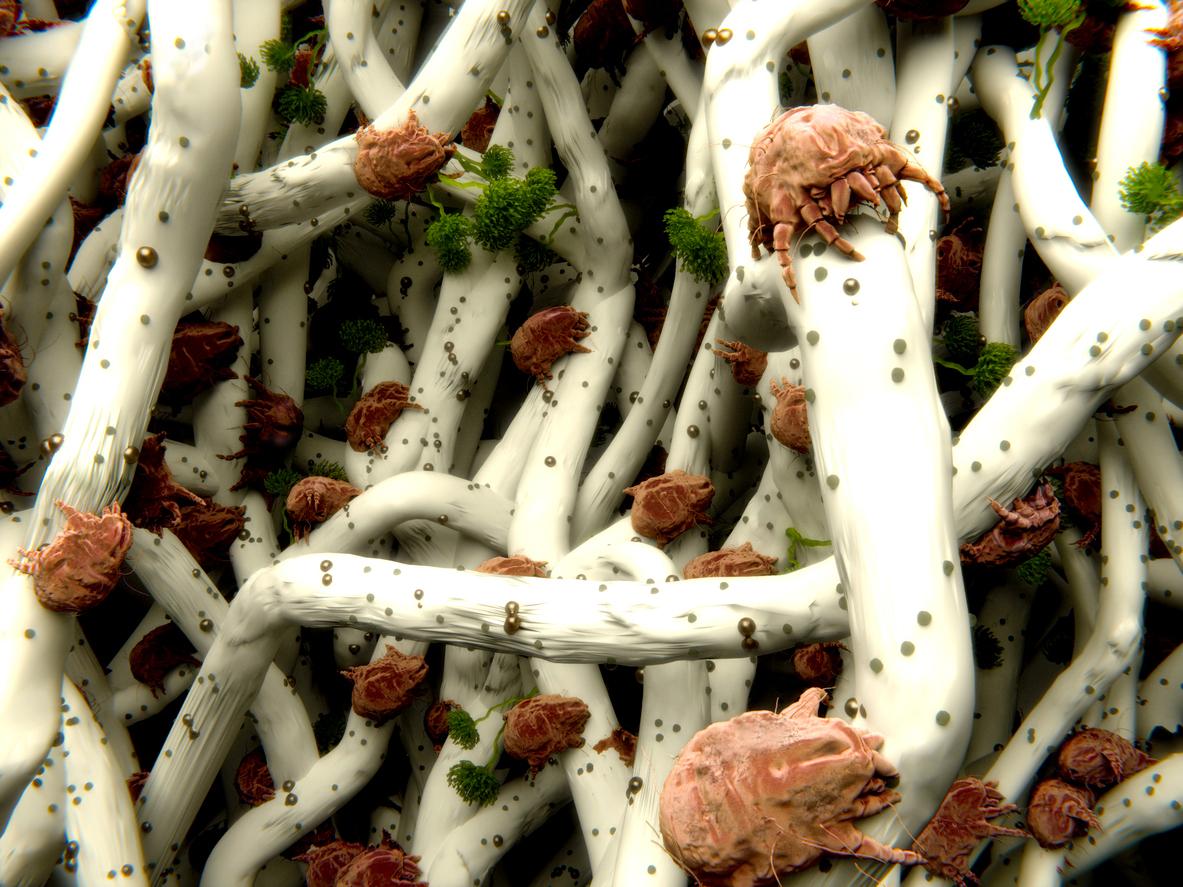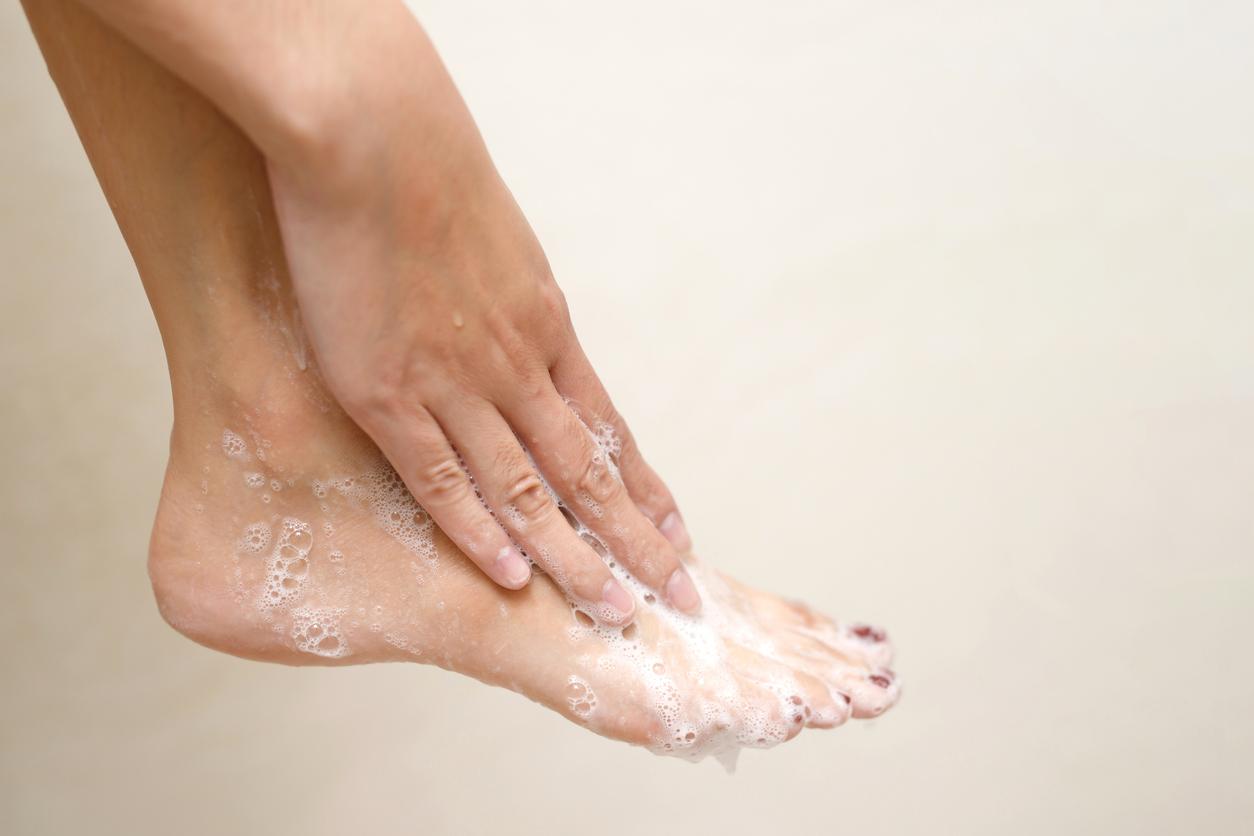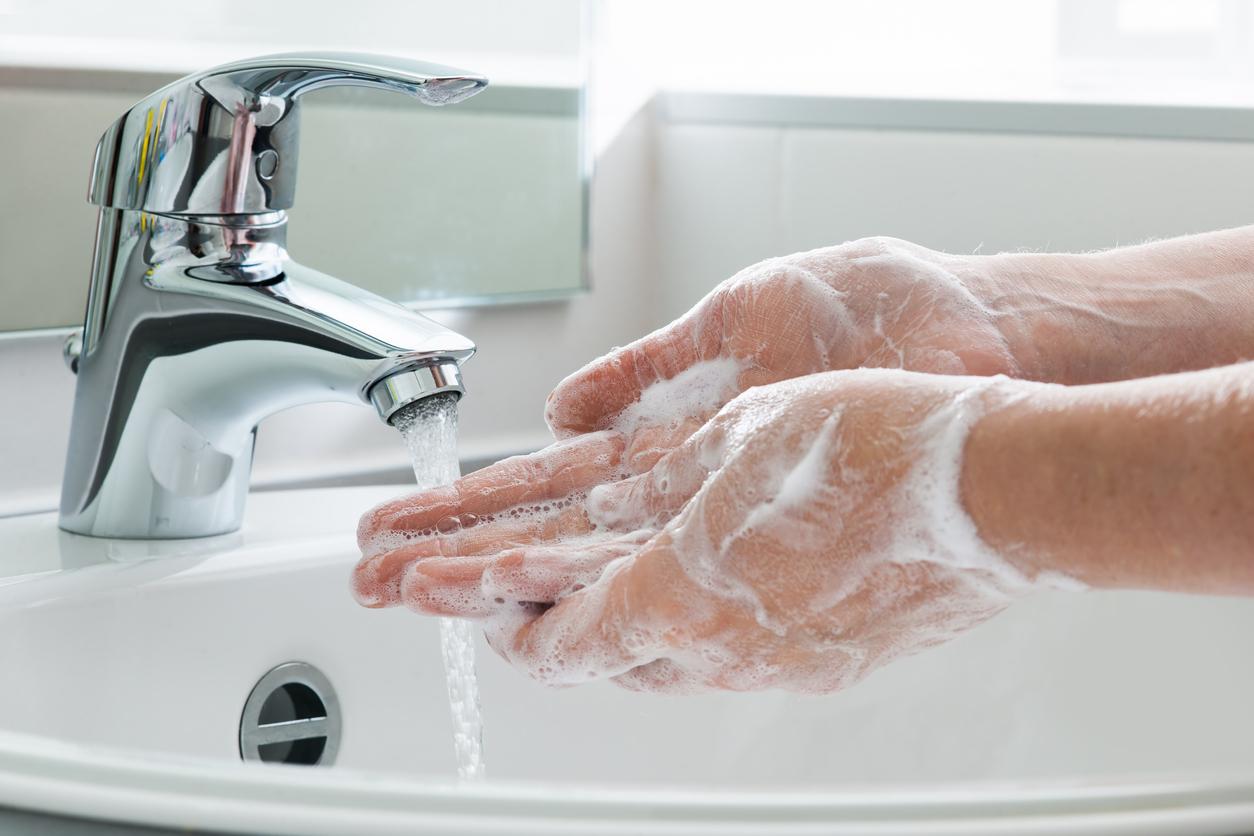Only one in three teenagers have proper hand hygiene.

- Teenagers who are sedentary, smokers, and who are bullied at school are the least likely to wash their hands well.
- To improve hygiene practices, parents and the school have a fundamental role to play with adolescents.
With the current health crisis, having good hand hygiene has returned to the center of health recommendations. Rather good news according to the current habits of most teenagers. A new Australian study, conducted by researchers at the University of Queensland (UQ) and published on May 7 in theInternational Journal of Environmental Research and Public Healthfound that only one in three teens practiced proper hand hygiene.
Sub-optimal practices
For this study, researchers collected data from 354,422 adolescents aged 13 to 17 across 92 countries. “We used Global School-based Student Health Survey data from 92 countries across six WHO regions to examine the prevalence and correlation of hand hygiene practices among adolescents worldwide”, details Dr. Yaqoot Fatima, who works at the social sciences research institute at UQ and who is the lead author of the study.
The data review revealed that adolescents overall have poor hand hygiene. Although access to soap and water is a problem in many parts of the world, 60% of adolescents who have it do not wash their hands enough. “Although access to handwashing facilities and knowledge of good hygiene are important for practicing proper hand hygiene, the study showed that the gap between knowledge and behaviors is a major reason for suboptimal hand hygiene practices”, said the Yaqoot Fatima.
Have the support of parents and school
The researchers also succeeded in highlighting behaviors linked to poor hand hygiene. “Teens who reported unhealthy behaviors like being more sedentary, smoking and being bullied at school were more likely to practice improper hand hygienelaughed”, reveals the researcher.
To improve these practices, the researchers point to two types of intervention. The first targets the family circle. “The positive role of parental support and connection suggests that interventions to improve adolescent hand hygiene should focus on parents as key stakeholders and seek their active participation in design and implementation. of these interventions”, assures Dr. Yaqoot Fatima. The other intervention must take place at school. “The systematic integration of health and hygiene education into the school curriculum could be a strategy to reduce inappropriate hand hygiene practices among adolescents”, concluded the researcher.
.
















